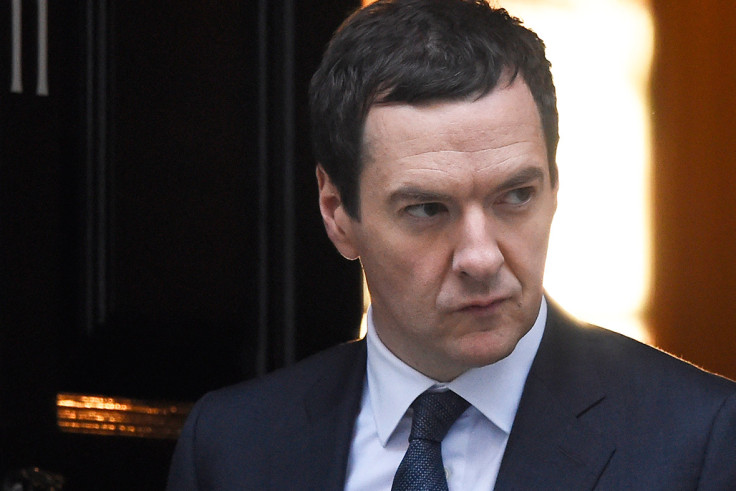Chancellor George Osborne delays Lloyds sale because of market turmoil

Chancellor George Osborne has postponed the sale of the final stake in Lloyds Banking Group held by the government, blaming global turmoil in the markets and sluggish growth.
Osborne told the BBC that he would not give the go-ahead until the markets had calmed, saying that "now is not the right time".
The government had announced plans to begin a Tell Sid-style marketing campaign some time in the spring for a large retail sale of Lloyds. He said he still supported encouraging wider share ownership in Britain, so this looks like a significant delay rather than a cancellation.
The sale of the final part of the government's stake in Lloyds, which was a general election pledge made by David Cameron, is expected to raise £2bn, on a par with BT and British Gas.
The government bought Lloyds at 74 pence a share during the global financial crisis; it is currently trading at 64p.
Osborne had previously extended the dripfeed of shares in Lloyds to institutional investors until the end of June 2016. He said the current Trading Plan handled by UK Financial Investments and Morgan Stanley will terminate before the launch of the government's retail sale of Lloyds, "no later than 30 June 2016".
The sale of Lloyds, which is now paying dividends, has been something of a success for the government. Indeed, UKFI's occasional share disposals became more frequent in the run-up to the general election, allowing the Conservatives a relatively risk-free way of returning (albeit small) amounts of money to the taxpayer, while taking the opportunity to bash Labour for creating the situation.
The government now owns approximately 6.6 billion ordinary shares in Lloyds, approximately 9.2% of the company, having been saddled with 43% of Lloyds after the bank was bailed out for £20.5bn ($31bn) in 2009.
© Copyright IBTimes 2025. All rights reserved.






















